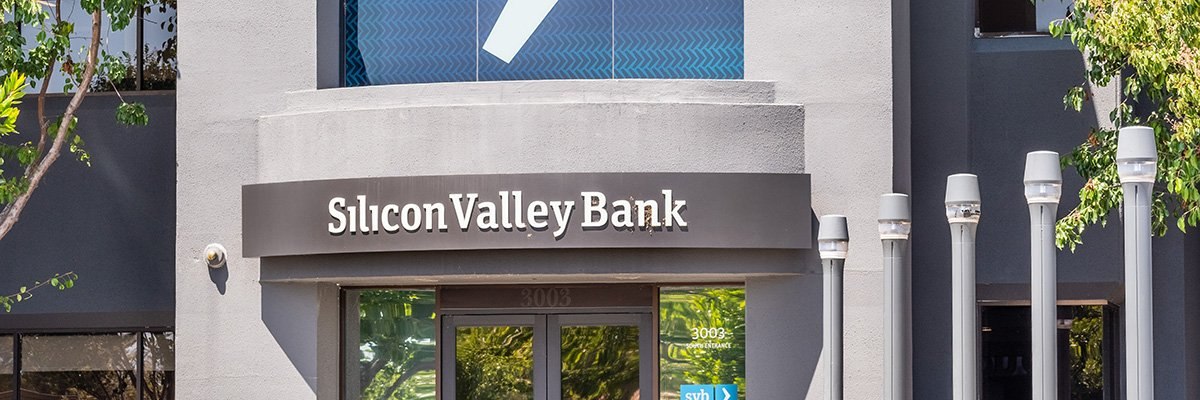In March, the financial institution Silicon Valley Bank collapsed and was taken over by the Federal Deposit Insurance Corporation. The Treasury Department and Federal Reserve also got involved to ensure the bank's depositors would have access to their money and prevent broader damage to the U.S. banking sector.
Most Americans (84%) are aware of the bank's collapse. Nearly six in ten (59%) Americans put "a lot" of the blame for the collapse on the decisions the bank's executives made — something that majorities of Democrats (58%) and Republicans (61%) agree on.
While the bank officers are the most likely of the causes offered to be given a lot of blame by both Democrats and Republicans, the second most popular response among Democrats is a lack of government regulation and oversight. Among Republicans, the second most commonly cited cause was the bank's emphasis on diversity, equity, and inclusion — something that some Republicans, including Florida Governor Ron DeSantis, have cited in recent weeks as a cause of the collapse.
There is broad support for the government's decision to ensure Silicon Valley Bank’s depositors would be able to access their funds. By 53% to 31%, Americans say all funds should be returned to the depositors, even funds for accounts that exceed the $250,000 insurance limits. While a narrow majority of Americans approve of the government ensuring that all of Silicon Valley Bank's depositors would have access to their funds, fewer say it's fair. About two in five (44%) say it's fair, while 31% say it is not.
President Joe Biden has said that none of the bank's losses will be borne by the taxpayers, and that the money will come from the fees that banks pay into the Federal Deposit Insurance Corporation's Deposit Insurance Fund. Despite government promises that banks, not taxpayers, will pay the costs, Americans expect that taxpayers will be the ones to pay the price, by 53% to 26%.
Despite banking failures, most Americans remain confident in the banking system, and especially the safety of whatever money they have in bank accounts (84% say they have money in banks). Two-thirds of Americans have at least some confidence in the safety of money in national banks and 70% have that level of confidence in regional banks. Among people who have money in a bank, 84% are at least somewhat confident their own money is safe.
There are indications that the collapses — and other economic news — have taken a toll on Americans‘ perceptions of the nation’s economy. Just 28% of Americans say the country is headed in the right direction, down 6 percentage points from the prior week. The share saying the nation is on the wrong track jumped 7 points to 61%.
Republican opinion has been especially affected: 84% of Republicans say the country is on the wrong track, 12 points from 72% in last week's poll. Now 61% of Republicans call the economy poor, up from 49% a week before.
And 43% of Americans describe the current state of the economy as "poor," the highest share since January. One in five Democrats (20%) and even more Independents (44%) and Republicans (61%) describe the national economy as poor.
— Carl Bialik and Taylor Orth contributed to this article
See the toplines and crosstabs from the Economist/YouGov poll conducted on March 19 - 21, 2023 among 1,500 U.S. adult citizens.
Methodology: Respondents were selected from YouGov’s opt-in panel using sample matching. A random sample (stratified by gender, age, race, education, geographic region, and voter registration) was selected from the 2019 American Community Survey. The sample was weighted according to gender, age, race, education, 2020 election turnout and presidential vote, baseline party identification, and current voter registration status. Demographic weighting targets come from the 2019 American Community Survey. Baseline party identification is the respondent’s most recent answer given prior to June 1, 2022, and is weighted to the estimated distribution at that time (34% Democratic, 31% Republican). The margin of error for the overall sample is approximately 3%.
Image: Adobe Stock (Sundry Photography)










